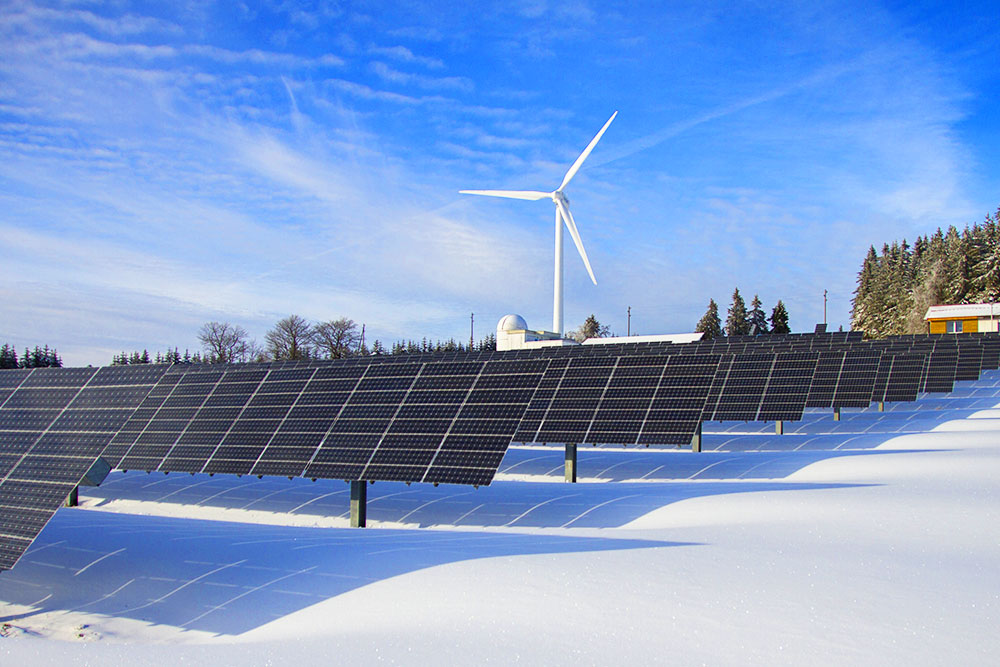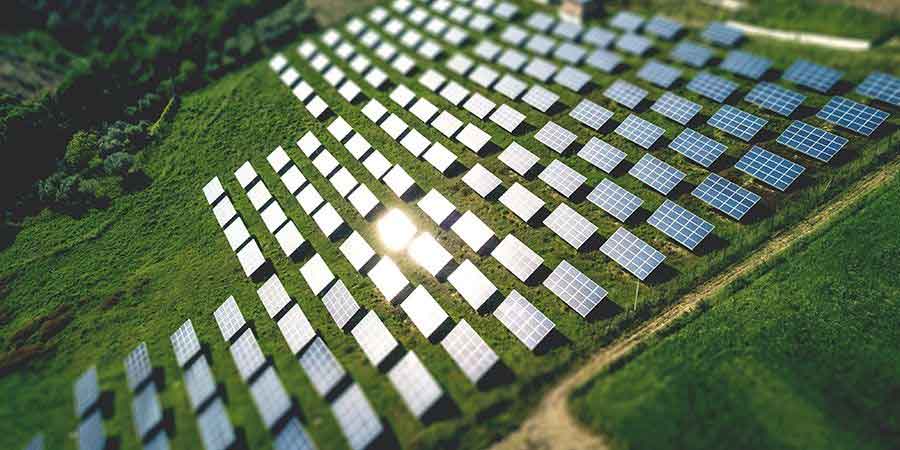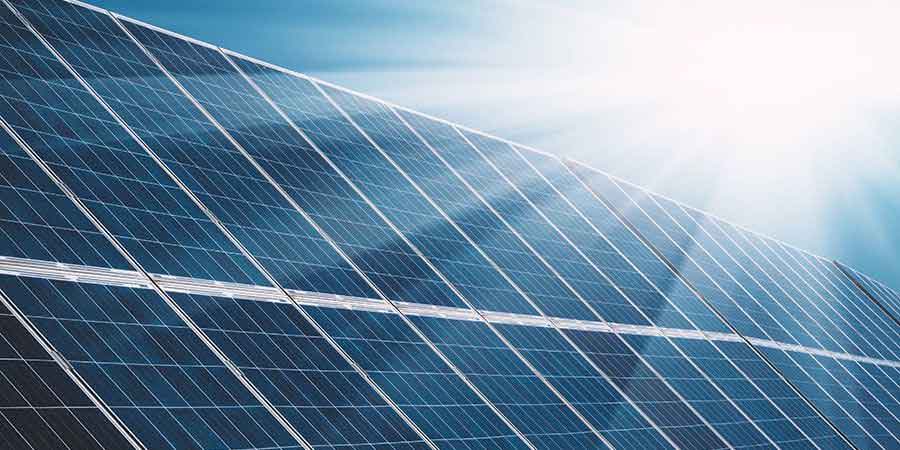
The efficiency of a solar panel measures the amount of the sun’s available energy (the amount of light) that gets turned into usable energy. The efficiency of solar cells has accelerated at a remarkable pace over the last decade.
There are three major factors that affect the efficiency of solar panels:
- Panel material components
- Reflectance efficiency
- Thermodynamic efficiency
Just how efficient are solar panels today?
According to the National Renewable Energy Laboratory, in 2020, solar panels are usually able to process about 16-22% of solar energy into usable energy, depending on the placement and orientation of the panels, weather conditions, and other factors. The performance of a solar panel is based on the amount of sunlight that solar panel systems convert into actual electricity. This outcome is what determines the solar panel’s efficiency.
While solar panel efficiency is typically around 16-22%, individual solar cell efficiency can be much higher, reaching efficiencies of up to 42%. While that sounds really high, it’s important to note that solar cells are tested in laboratory conditions, and it’s very unlikely that such high efficiency would be achieved regularly in natural conditions.
Having higher efficiency solar panels has its advantages. For example, if you have a small roof area or a lot of shade blocking your roof at certain times of day, then opting for panels with higher efficiency can be beneficial to cover your household needs. If you’re shopping around for more efficient panels, most manufacturers will provide their panel’s energy efficiency ratings.
Solar Cell Technology & Power Conversion Efficiency Breakthroughs
Exciting things have been happening in the world of solar cell and panel efficiency, including some recent breakthroughs in solar cell technology and power conversion efficiency.
The latest breakthrough in materials could move photovoltaic technology away from the current limitations of silicon solar cells. In 2016, researchers made the first solar cell with perovskite crystals, which can be up to 20% more efficient than silicon-based solar cells. However, silicon still outperformed perovskite-based cells in terms of viability for commercial use. In June 2022, researchers at Princeton University developed the first commercially-viable perovskite solar cells, which can be manufactured at room temperature and require less energy to produce than silicon-based solar cells. The cheaper production cost and improved sustainability applied to a utility-scale with a 30-year life expectancy are exciting news for the solar energy industry. Perovskite cells are also more flexible and can be transparent, which expands the realm of possibilities for their application and usefulness.
More recently, researchers at the U.S. Department of Energy’s National Renewable Energy Laboratory constructed a perovskite solar cell that is both highly efficient and highly stable. The team reported a certified stabilized efficiency of 24%.
Other technologies exist that have the potential to make PV cells even more efficient. Manufacturers have actually made prototype solar panels that are more than 30% efficient, and researchers have managed to achieve an efficiency record of 47.1% by using advanced cell structures. These highest-efficiency panels are typically made of much more expensive materials and are not yet considered to be cost-effective for use in rooftop solar systems.
Efficiency in PV technology has come a long way, especially when you consider that back in 1960, Hoffman Electric had just achieved 14% efficiency. As advancements and research and development continue, it’s possible that we may see a day when solar panel efficiency reaches 50% or higher.
How Clearway Community Solar Can Help You
If you are looking for ways to reduce your impact on the environment and lower your energy bill, solar may be the right option for you! If you’re interested in learning more, contact Clearway Community Solar today.









